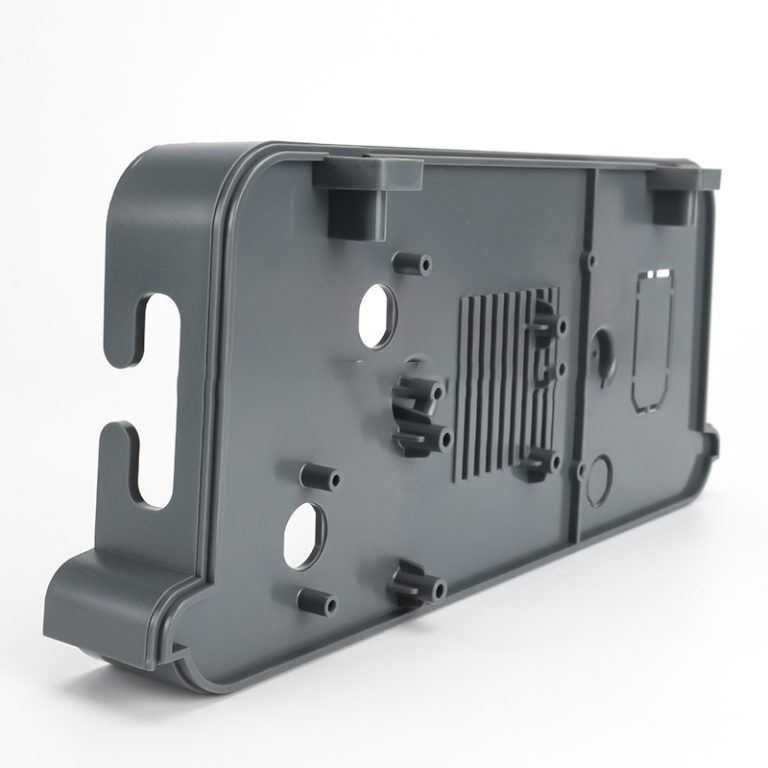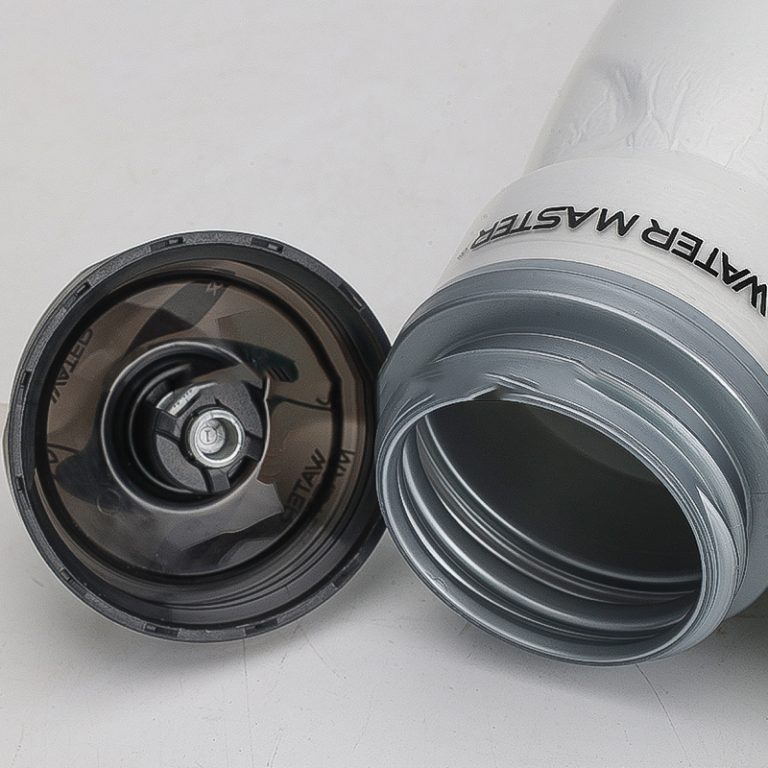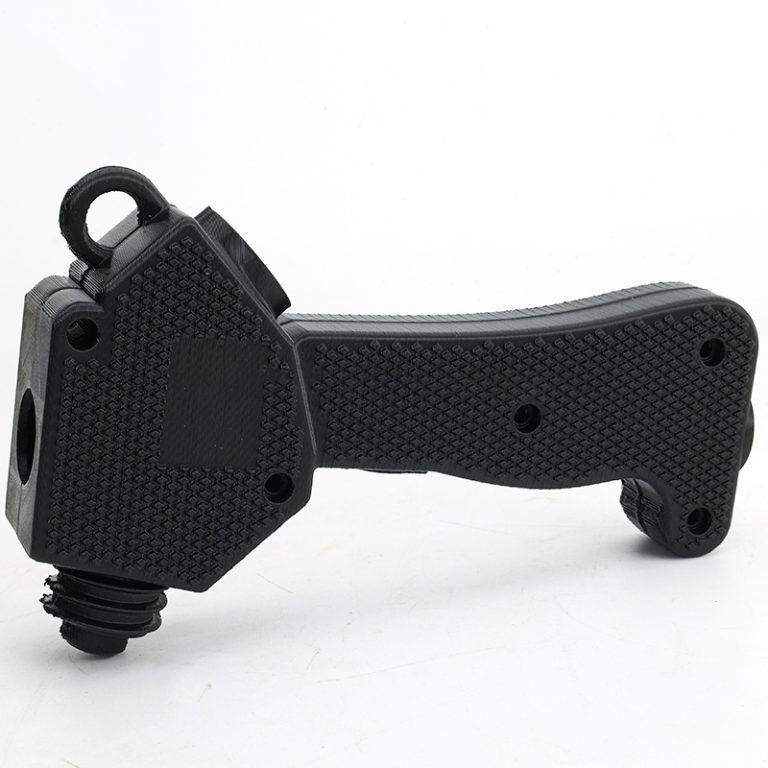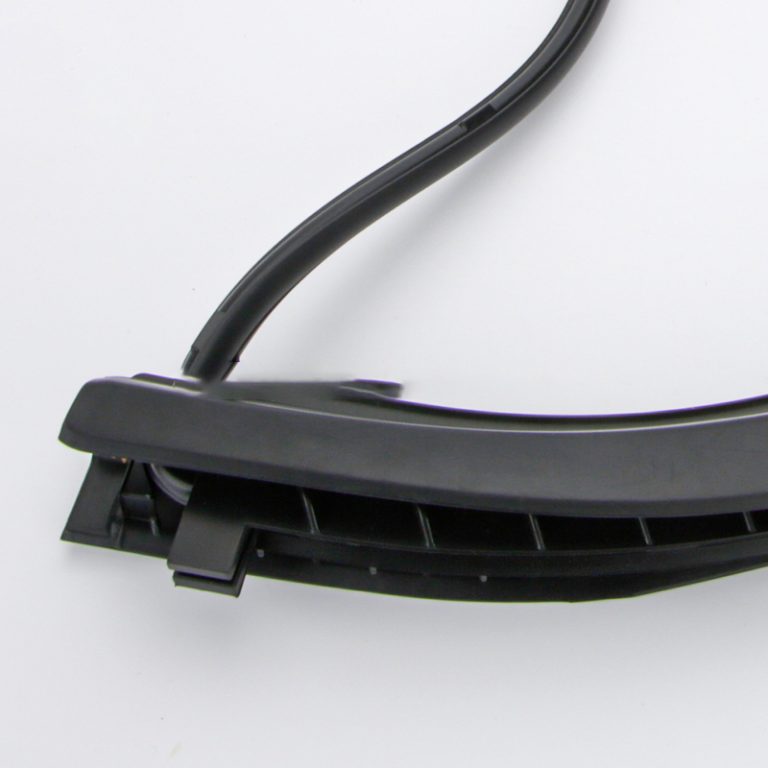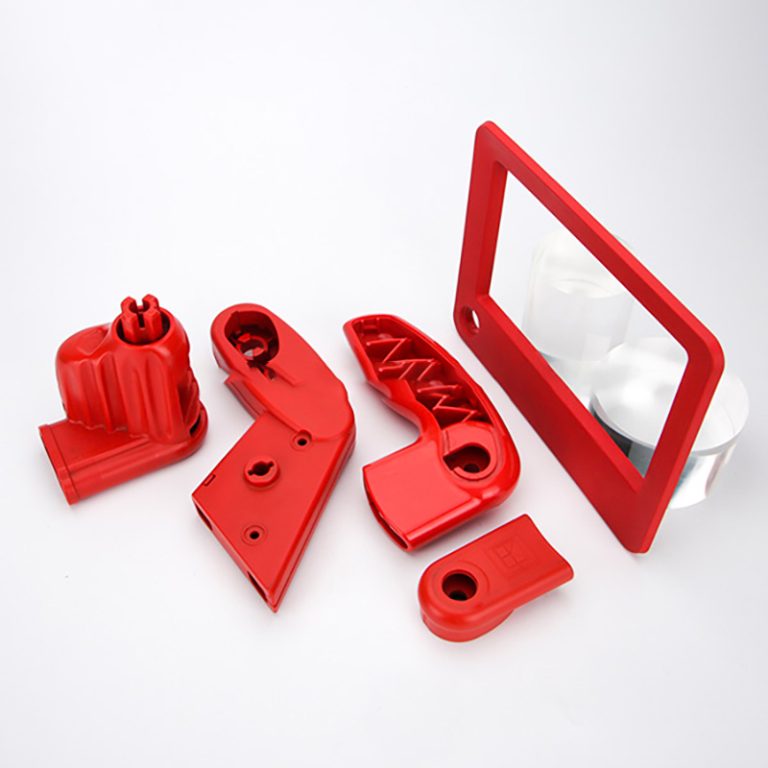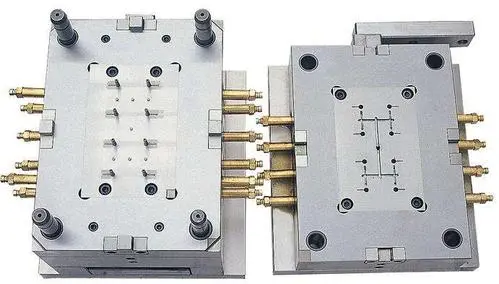Table of Contents
Benefits of Using Custom Plastic Injection Molding Parts in Manufacturing Processes
Custom plastic injection molding parts have become an essential component in the manufacturing industry due to their numerous benefits. From increased efficiency to cost-effectiveness, these parts offer a wide range of advantages that make them a popular choice for manufacturers across various industries.
| Product Name | colour |
| Plastic injection molding parts | OEM/ODM |
One of the key benefits of using custom plastic injection molding parts is their ability to be tailored to specific requirements. This customization allows manufacturers to create parts that are perfectly suited to their unique needs, resulting in improved performance and functionality. Whether it’s a complex shape or a specific material requirement, custom plastic injection molding parts can be designed to meet even the most demanding specifications.
In addition to customization, custom plastic injection molding parts offer a high level of precision and consistency. The injection molding process allows for tight tolerances and intricate details to be achieved with ease, ensuring that each part is produced with the utmost accuracy. This level of precision is crucial in industries where even the smallest deviation can have a significant impact on the final product.

Furthermore, custom plastic injection molding parts are known for their durability and strength. The materials used in the injection molding process are highly resilient and can withstand harsh conditions, making them ideal for applications that require long-lasting performance. This durability not only extends the lifespan of the parts but also reduces the need for frequent replacements, ultimately saving manufacturers time and money in the long run.
Another advantage of using custom plastic injection molding parts is their cost-effectiveness. The injection molding process is highly efficient and can produce large quantities of parts in a relatively short amount of time. This mass production capability helps to drive down the cost per part, making custom plastic injection molding a cost-effective solution for manufacturers looking to optimize their production processes.
Additionally, custom plastic injection molding parts are lightweight and versatile, making them suitable for a wide range of applications. Whether it’s automotive components, medical devices, or consumer products, custom plastic injection molding parts can be used in various industries to create high-quality, reliable products. Their versatility and adaptability make them a versatile choice for manufacturers looking to streamline their production processes and improve overall efficiency.
In conclusion, custom plastic injection molding parts offer a multitude of benefits that make them an attractive option for manufacturers in today’s competitive market. From customization and precision to durability and cost-effectiveness, these parts provide a comprehensive solution for companies looking to enhance their manufacturing processes. By leveraging the advantages of custom plastic injection molding parts, manufacturers can achieve greater efficiency, lower costs, and improved product quality, ultimately gaining a competitive edge in their respective industries.
How to Choose the Right Material for Custom Plastic Injection Molding Parts
Custom plastic injection molding parts are a popular choice for manufacturers looking to create high-quality, precise components for a wide range of industries. When it comes to choosing the right material for these parts, there are several factors to consider in order to ensure the final product meets the desired specifications and requirements.
One of the most important considerations when selecting a material for custom plastic injection molding parts is the intended application of the part. Different materials have varying properties that make them more suitable for specific uses. For example, parts that will be exposed to high temperatures or harsh chemicals may require a material with excellent heat resistance and chemical resistance, such as PEEK or PPS.
Another key factor to consider is the mechanical properties of the material. Parts that will be subjected to high stress or impact loads will require a material with high strength and toughness, such as nylon or polycarbonate. On the other hand, parts that need to be flexible or have a low coefficient of friction may benefit from materials like TPU or PTFE.
In addition to the mechanical properties of the material, it is also important to consider the environmental conditions the part will be exposed to. Some materials are more resistant to UV radiation, moisture, or other environmental factors, making them more suitable for outdoor or harsh environments. For example, materials like ABS or PVC are commonly used for outdoor applications due to their excellent weather resistance.
Cost is another important factor to consider when choosing a material for custom plastic injection molding parts. Some materials are more expensive than others, so it is important to weigh the cost against the desired properties and performance of the material. In some cases, it may be worth investing in a more expensive material if it offers significant benefits in terms of performance or longevity.
When selecting a material for custom plastic injection molding parts, it is also important to consider the processing characteristics of the material. Some materials are easier to mold and require less energy to process, while others may require special equipment or processing conditions. It is important to work closely with a knowledgeable injection molding partner to ensure the selected material is compatible with the molding process and can be molded to the desired specifications.
In conclusion, choosing the right material for custom plastic injection molding parts is a critical step in the manufacturing process. By considering factors such as the intended application, mechanical properties, environmental conditions, cost, and processing characteristics of the material, manufacturers can ensure they select a material that meets their requirements and delivers high-quality, precise parts. Working with a trusted injection molding partner can help guide the material selection process and ensure the final product meets the desired specifications and performance standards.

